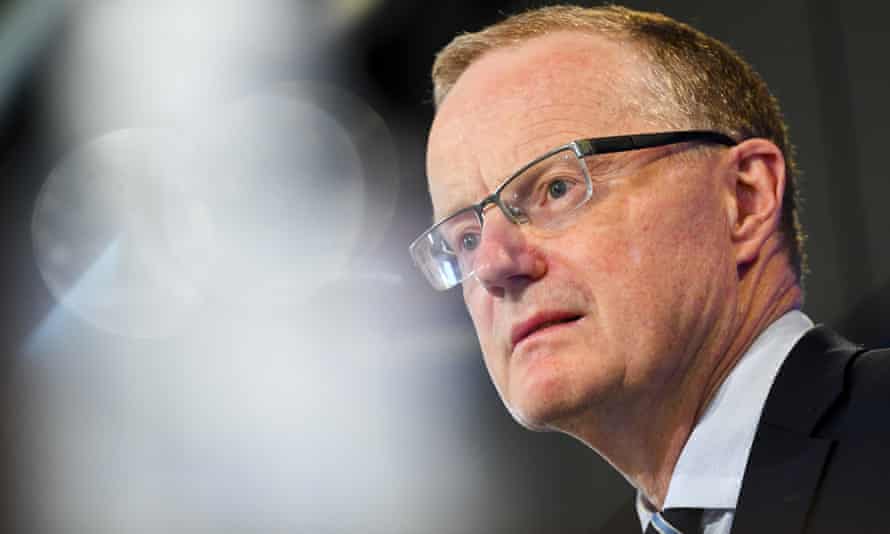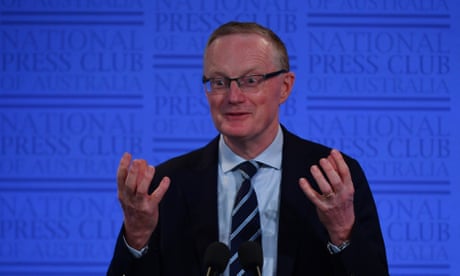Extract from The Guardian
Grogonomics graph of the week Australian economy

Last modified on Sun 7 Feb 2021 06.03 AEDT
This week fairness and economics were mentioned together by the head of the Reserve Bank, and not surprisingly it annoyed the government. Given the current base rate of jobseeker, they should not be annoyed, but embarrassed.
The case for raising the base rate of jobseeker is both obvious and already made – the government itself made it when last year they added the Covid bonus to the jobseeker payment.
If the base rate of $576.50 a fortnight was enough, there would have been no reason to raise it.
The government raised it because the rate was not enough to act as an automatic stabiliser in a period of increased unemployment; and it also knew large numbers of those who would be newly unemployed would stop voting for the Coalition if they were forced to live on it.
And so they added a $250 bonus; which was then reduced to $150.
In April, the bonus will be removed and people will be back to getting by on $41 a day.
Last year the Australian Council of Social Services found the rate was some 33% below the poverty line – down from around 5% below in the early 1990s.
Graph not displaying correctly? Click here
Adding the bonus kept millions of out of poverty, and also helped sustain the economy such that retail spending has surged even in the face of a deep recession.
Even the Business Council of Australia supports a call for the rate to be raised.
So it was no shock that this week the governor of the Reserve Bank, Philip Lowe, told the National Press Club that “there is a wide consensus in the community that the previous level should be increased permanently and I’ve said on previous occasions that I would join that consensus.”
And yet that answer was enough for government backbencher Tim Wilson, who chairs the House economic committee, to say on ABC 24 later that afternoon that he thought Lowe had “exceeded his mandate in offering this view” and that he thought that the governor “probably should have kept his opinion to himself”.
Given that it is the RBA’s duty “to contribute to the stability of the currency, full employment, and the economic prosperity and welfare of the Australian people” it is a fair stretch to say he was speaking beyond his remit.
But it was even more weird that Wilson would suggest such a thing when all the governor did was re-iterate what he has said previously.
In fact he said it just six months ago – at a hearing of the House economic committee of which Wilson is the chair.
In August last year, Lowe told the committee that “there is, I think, a fairly broad consensus across society that some increase in the level of the old Newstart is appropriate. I would join that consensus”.
I note that at the time Wilson did not suggest Lowe was speaking out of turn.
Perhaps he wasn’t paying attention?
Or perhaps the aspect that got under Wilson’s skin so much this week was that the governor also said the issue was really not about economics but fairness.
He told the gathering that for him it was “not a macroeconomic management issue, it is a fairness issue and what is the appropriate level of support we should provide to people who are unemployed”.
The economic aspect was not, Lowe said, “the first order issue”.
Rather he suggested it was the question of “as a society what level of support we want to provide to people who don’t have a job.”
In 2000 the Newstart rate was 20% of average full-time earnings. If jobseeker was raised to that level it would be around $715 a fortnight – the rate it currently is when including the Covid bonus payment.
Raising the rate is not radical, nor would it create an unprecedented situation.
All it would do is answer Philip Lowe’s question by realising that right now fairness is utterly lacking in the government’s approach to economic policy, and that needs to change.

No comments:
Post a Comment